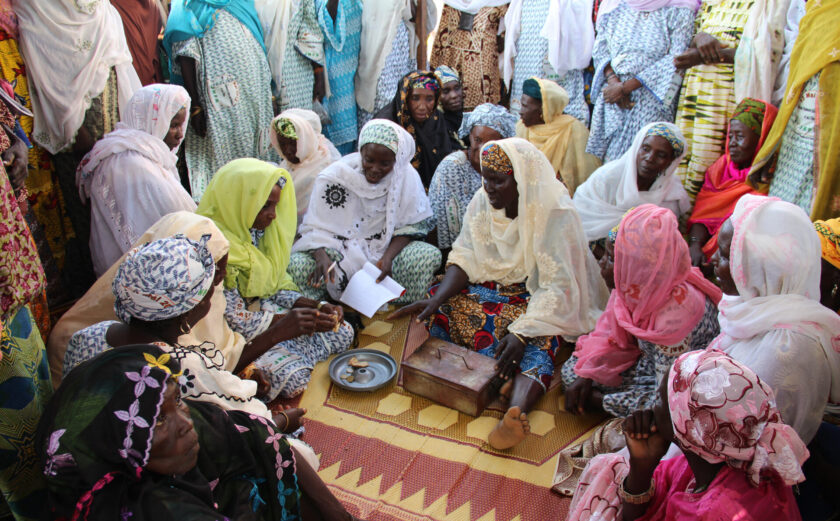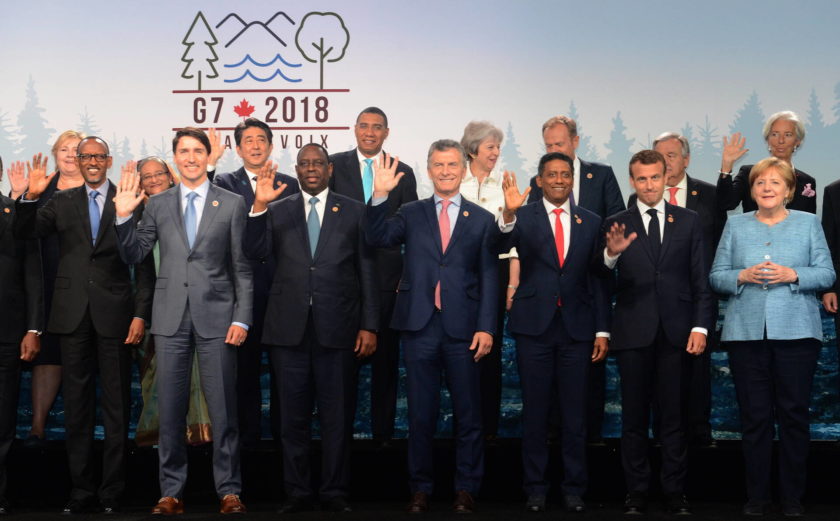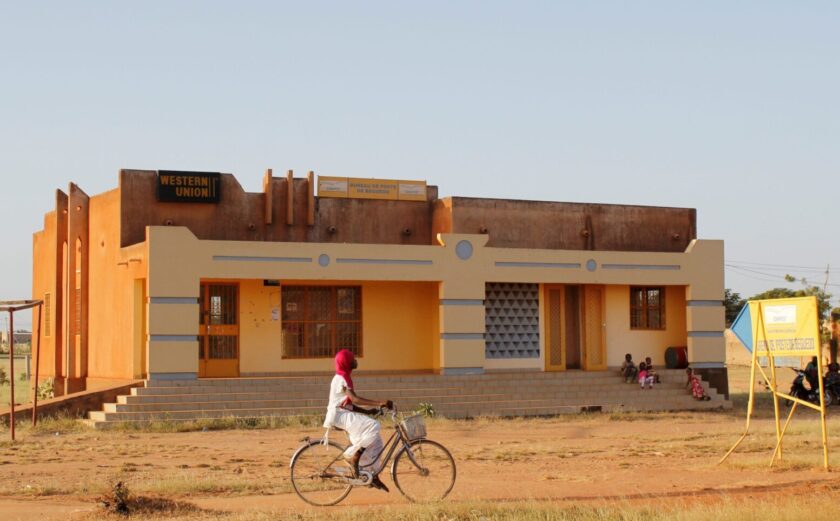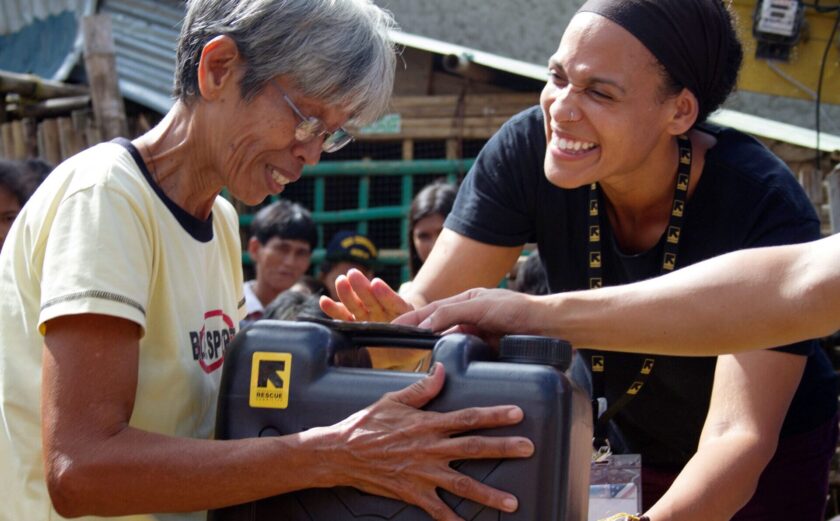
2023 G7 and G20 Summit Policy Papers and Recommendations
InterAction Member Policy Positions for the 2023 G7 and G20 Summits
The 2023 G7 and G20 summits come at a time of immense global challenges.
The world is at a tipping point for addressing climate change, a crisis that has far-reaching impacts that worsen global inequality, poverty, and humanitarian crises. Many countries face rising and unsustainable debt. Meanwhile, Russia’s war in Ukraine has resulted in thousands of deaths and continues to destabilize the region, creating knock-on effects for food and energy security around the globe.
These challenges and others are immense yet addressable, and the G7 and G20 are well placed to do so.
First, the G7 and G20 provide platforms for countries to coordinate their efforts and collaborate toward common goals. The scale and complexity of the challenges we face mean no single country can tackle them on its own.
Second, as multilateral fora, the G7 and G20 promote international cooperation and dialogue. Global challenges such as climate change, debt distress, and achieving the Sustainable Development Goals require multilateral cooperation. The G7 and G20 provide critical space for countries to engage in constructive dialogue.
Third, the G7 and G20 have significant power and influence. For example, G20 countries account for more than 80% of global gross domestic product (GDP), three-quarters of global trade, and two-thirds of the world’s population. G7 countries, a group comprised of the world’s richest democracies, account for 27% of global GDP. The collective economic power of these countries gives them a unique ability to leverage their resources and influence to address global challenges and achieve common goals.
For these reasons, the G7 and G20 are critical for tackling global challenges, and maintaining focus on achieving common goals wherever possible is more important than ever.
InterAction’s G7/G20 Advocacy Alliance, a group of more than 40 U.S.-based nongovernmental organizations, developed sets of recommendations to consider in advance of upcoming ministerial and preparatory meetings of the 2023 G7 and G20. These recommendations provide a civil society perspective on the issues, including climate; democracy and human rights; development finance; food security and nutrition; health; humanitarian assistance; gender equality; and urbanization.
For the full sets of recommendations, download the G7 Policy Paper and the G20 Policy Paper.






